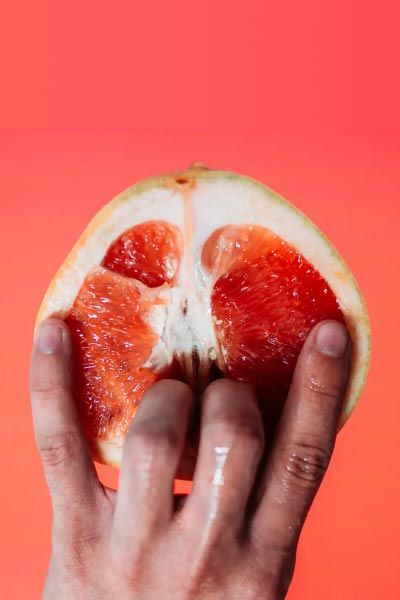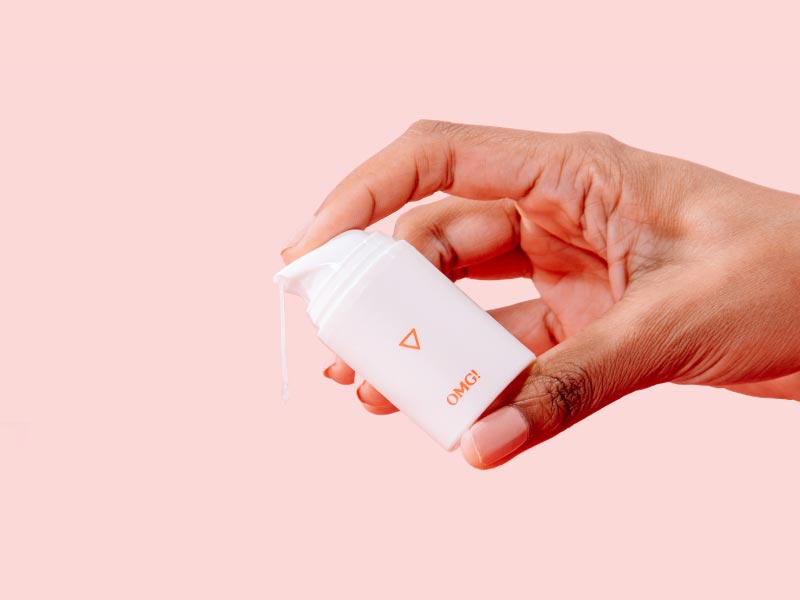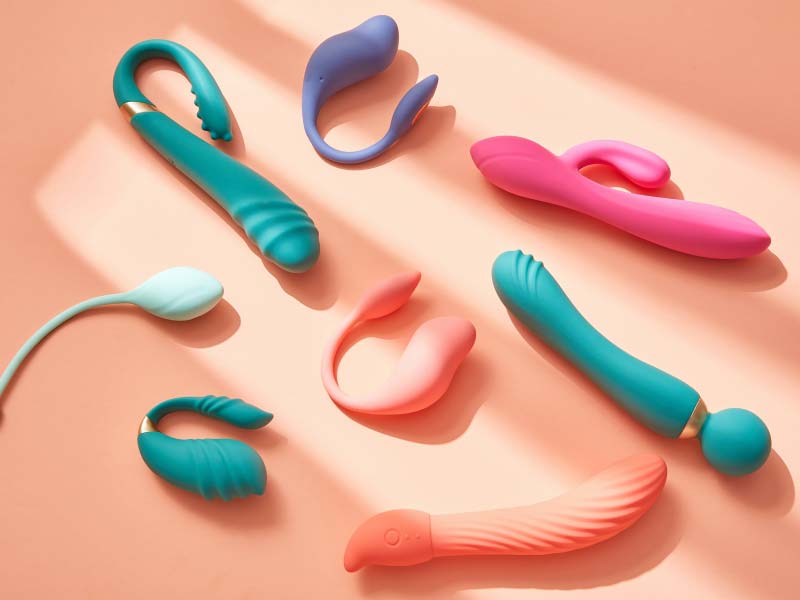
A sex therapist talks
about sex, pleasure,
and mental health
By Dr. Penelope Neckowitz
and Kathleen Morrison
October 6, 2022
October 10 is World Mental Health Day, a time designated by the World Health Organization to make mental health and well-being for all a global priority. You can do your part by prioritizing your own mental health! Two out of three caregivers in the US are women and women are collectively more likely to prioritize the needs of others over their own. While virtuous, constantly ignoring your own needs sets you up for physical and mental burnout. We talked to licensed psychologist and sex therapist Dr. Penelope Neckowitz about what it looks like to support your mental health by doing something women tend to ignore—pursuing pleasure.
So, Dr. Penelope, when doctors talk about mental health, what do they mean?
Mental health refers to your overall psychological well-being. It includes the way you feel about yourself, the quality of your relationships and your ability to manage your feelings and deal with difficulties.
What does pleasure have to do with mental health?
Pleasure doesn’t just refer to sexual pleasure! It can look like all kinds of things:
- Feeling like all of you is okay
- Living beyond social roles or expectations from others
- Feeling free to express yourself as you feel or as you are
- Moving beyond self-hatred and self-doubt
- Connecting to your own turn-ons, not that which your partner determines for you
- Honoring one’s body
- Letting go of socio-normative definitions of gender roles and expressions
- Moving past socio-normative definitions of beauty and body shaming
- Celebrating the power of touch
We know American culture holds women to pretty strict expectations and guidelines when it comes to their own pleasure. How does that impact our mental health?
Imagine if women grew up within a sex positive, body positive cultural and familial context, where women are taught to love their bodies, no matter the size or shape. Imagine if we were taught about pleasure and touch within our bodies and taught about our bodies as sources of pleasure, rather than being expected to conform to societal expectations about “how women should act,” “normal sexuality,” and “how women should please their partners.” Just imagine how mentally healthy women might be! Mental well-being has so much to do with how we perceive ourselves, how we feel internally, the quality of our relationships and how we feel in our relationships, and our ability to be resilient and cope with stress and the myriad challenges that confront us every day.
The Ryff Scale (also referred to as the Psychological Wellbeing Scale) bases mental health and wellbeing on 6 factors: autonomy, environmental mastery, personal growth, positive relations with others, purpose in life, and self-acceptance—all elements that are reflected in our sexual lives!
As much as American society often holds men and women to very different standards, not just when it comes to sex and relationships, but in many different areas of life. How do you view the impact of some of those gender differences?
The prevalence of serious mental illness is almost 70% greater in women than in men. Women are twice as likely as men to be affected by depression and anxiety. Women are more likely to experience post-traumatic stress disorder (PTSD). Often these issues are written off as being the result of hormonal issues and genetic gender differences, but that is far too simple an explanation. One in four women has faced sexual assault and 1 in 3 report abuse by a domestic partner. The challenges of gender discrimination, violence against, and mistreatment of, women all are factors that undermine women’s mental health. Women often have dual jobs, one paid, the other involving housework and childcare even when working full time. Women traditionally have been underpaid, overworked, undervalued and nowhere is their connection to pleasure viewed as important (except as sources of pleasure for their partners).
If we are facing so many challenges in this arena, how can women utilize pleasure to improve their mental health?
It is nearly impossible when a woman is stressed and overworked for her to activate her pleasure response. And yet, paradoxically, that is the very thing that will insure her ability to remain connected to herself, and become less susceptible to depression and anxiety. A woman in pleasure begins to listen, to honor her inner voice, her inner purpose, and as a result, her relationships flourish! By tuning into your body and learning about the importance of consent in relationships, you can begin to feel more empowered to stand up for yourself. I’m watching younger women who are taught to value their bodies and be beautiful, and powerful, and sexy AF, without judgment or shame. To strengthen women’s mental health, we must break the chains of silence and shame, and encourage, celebrate women’s newly emerging sexual freedom and confidence.
For women to feel healthier mentally, let’s encourage all women to embrace their bodies as they are, to embrace their sexuality as it is and to let go of limiting cultural standards so that women can give themselves full permission to be and feel whatever they are and feel… to me, that is mental health!
This all may sound a bit overwhelming for those of us who are dealing with day to day challenges! Do you have any small ways to get started on this work?
Here are my top tips (that are backed by science!) to boost mental health:
- 15 minutes of sunshine a day to boost vitamin D and elevate mood ☀️
- 30 minutes in nature 🌳
- Explore a new area 🏔
- Unplug from devices 📵
- Practice mindfulness and gratitude 🧘♀️
- Exercise regularly—be physically active 🏃♀️
- Regular quality sleep each night 😴
- Practice self-compassion ❤️
- Cultivate friendships and social connections 👯♀️
- Learn a new skill 🧶
- Allow yourself to set boundaries and honor priorities 🗓
- Learn to say NO 🚫
I would say that connecting to pleasure through one’s body is the portal and the prize! I encourage you to live with confidence and joy, to know deeply that your body is NOT broken, and that your sexual autonomy is respected. Sexual wellbeing, highly correlated to mental health, is based on the idea that what you want, what you like, and what you need comes from within.
About Dr. Penelope Neckowitz
Penelope Neckowitz, PhD is a licensed psychologist and therapist, a certified Erotic Blueprint Coach™, an Embodied Female Pleasure™ facilitator, and a long time pleasure researcher and pleasure activist. She is committed to helping women connect to their erotic life force energy and live more freely with less shame and greater freedom of expression. You can learn more on her website https://www.penelopeneckowitz.com/.


